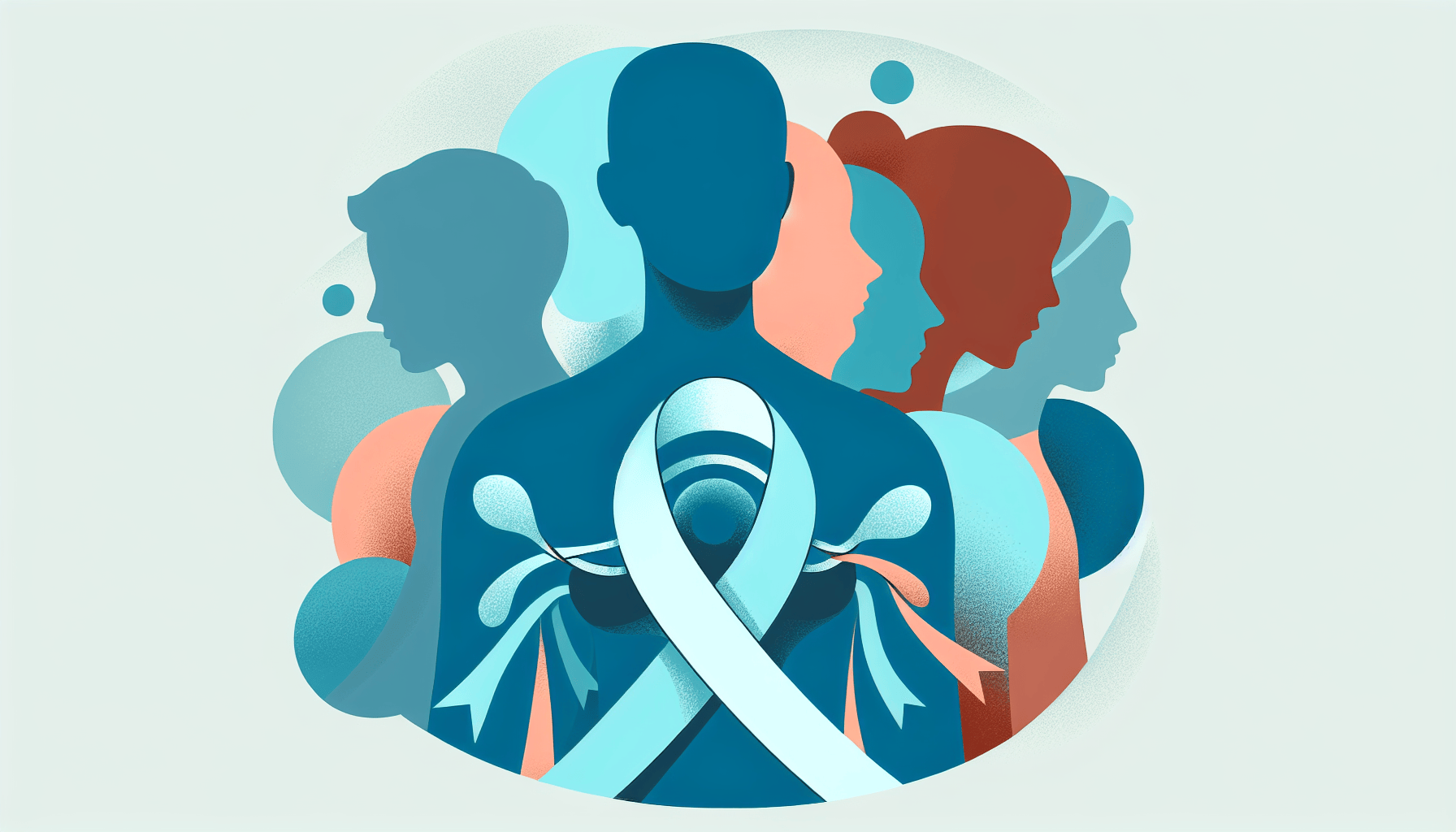Ovarian cancer is a serious disease that affects the almond-sized organs on each side of the uterus, known as the ovaries. When malignant cells begin to grow in the ovary, it leads to ovarian cancer. While the exact causes are not known, several factors can increase your risk of developing this disease.
What Causes Ovarian Cancer?
Researchers have many theories about what causes ovarian cancer, but no single factor has been identified. Unlike some other types of cancer, scientists have not been able to link ovarian cancer to a specific chemical in the environment or diet. However, certain genetic factors and lifestyle choices can raise your odds of getting ovarian cancer.
Genetic Factors
Some ovarian cancers are linked to gene changes first discovered in families with many cases of breast cancer. These mutations are called BRCA1 (breast cancer gene 1) and BRCA2 (breast cancer gene 2). If your family has Eastern European or Ashkenazi Jewish ancestry, your chances of having one of the BRCA mutations are higher.
Another set of gene mutations that raises your ovarian cancer risk is one that causes Lynch syndrome, also known as hereditary nonpolyposis colorectal cancer (HNPCC). Having a close relative (grandmother, mother, sister, or daughter) with ovarian cancer also increases your risk, even if their cancer wasn't linked to a genetic mutation.
Other Risk Factors
Several other factors can increase your risk of ovarian cancer, including:
Age (most women get ovarian cancer after menopause)
Obesity (having a body mass index of 30 or higher)
Hormone replacement therapy (some studies suggest using estrogen after menopause increases risk)
Reproductive history (never giving birth, having your first child after age 30, starting your period before age 12, or starting menopause after age 50)
Never taking birth control pills
Experiencing infertility
Smoking
Using an intrauterine device (IUD)
Polycystic ovary syndrome (PCOS)
Taking large doses of estrogen over a long period without progesterone
A history of endometriosis
Can Ovarian Cancer Be Prevented?
Because so little is known about the specific causes of ovarian cancer, there aren't many proven ways to prevent it. However, some lifestyle choices and medical procedures may lower your risk, such as:
Breastfeeding
Tubal ligation (having your tubes tied)
Taking hormonal birth control
Daily aspirin use (only if recommended by your doctor for other medical reasons)
Hysterectomy (surgery to remove the uterus and cervix)
Eating a low-fat diet
Exercising and maintaining a healthy weight
If you have a family history that suggests a higher risk of ovarian cancer, your doctor can help you decide how to manage your situation. Options include genetic testing and counseling. In some cases, you may choose to have your ovaries removed as a precaution, a surgery called a prophylactic oophorectomy.
Ovarian Cancer Recurrence and Survival Rates
Ovarian cancer is known to come back, or recur, after treatment in more than 80% of cases. The likelihood of recurrence largely depends on the stage of the cancer at the time of diagnosis. The chances of recurrence by stage are:
Stage I: 10%
Stage II: 30%
Stage III: 70% to 90%
Stage IV: 90% to 95%
Survival rates indicate the percentage of people who live for a certain period (usually 5 years) after diagnosis. Overall, about 46% of women with ovarian cancer live at least 5 years after diagnosis. The 5-year survival rates by stage are:
Stage IA: 93%
Stage IB: 91%
Stage IC: 79%
Stage IIA: 78%
Stage IIB: 73%
Stage IIC: 57%
Stage IIIA: 59%
Stage IIIB: 52%
Stage IIIC: 39%
Stage IV: 20%
It's important to remember that every case is different, and these numbers serve only as a guideline. Your doctor can provide more personalized information based on your specific situation. For more information on ovarian cancer, visit the American Cancer Society, the National Cancer Institute, or consult with your healthcare provider.



